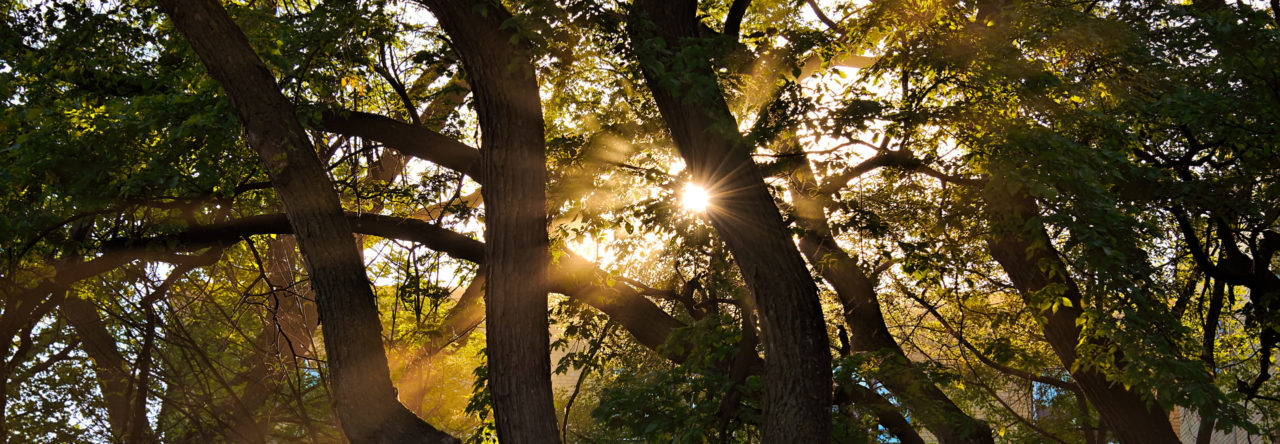
Hello everyone,
We are delighted to announce that the inaugural issue of The PoArtMo Magazine is out.
PoArtMo stands for “Positive Actions Rally Thoughts & Momentum,” a concept based on the following tenets: family-friendliness & clean language; positivity and upliftment; and inclusivity and respect for all.
In this inaugural issue, enjoy phenomenal poems and stories written by Suzanne S. Austin-Hill, Lori Bonati, Raymond Brunell, Robert Buckley, Bev Clark, Sara Etgen-Baker, Dany Gagnon, John Grey, Chandra Gurung, Kristi Hager Johnson, Chyrel J. Jackson, Jeannette, Martha Ellen Johnson, Eleanor Jones, Víctor D. Manzo Ozeda, E. L. McKee, Katy McKinney, Joan McNerney, Sherri J Moye-Dombrosky, Arthur Neong, Cithara Patra, Diana Raab, Nagireddy R Sreenath, Robyn Sykes, Andrea Tillmanns, Maria Tosti,
Marion Voytinsky, Adam Jerome Williams, Susanne Wolf, and Huina Zheng.
This issue is free to download and read. However, if you wish to support the magazine, you can enter an amount under “How much would you like to pay?” 50% of your donation will go towards building a fund allowing us to pay contributors in the future.
We can’t wait to read your comments!
Cendrine & David








